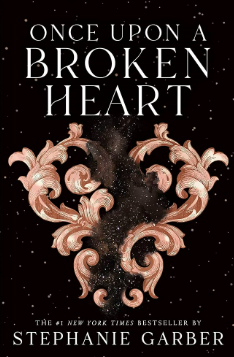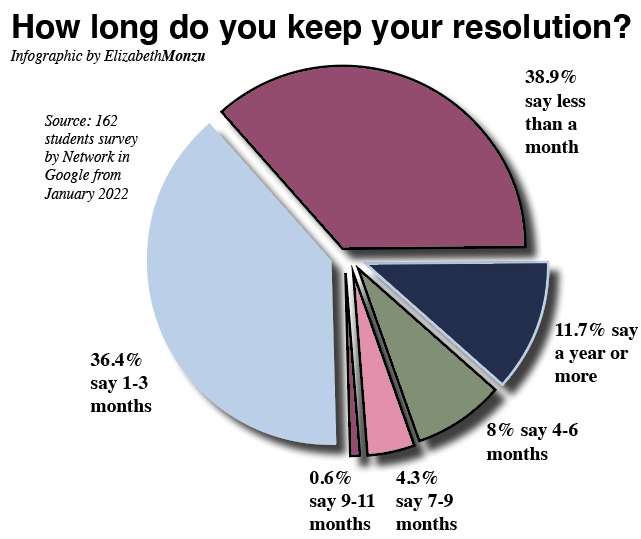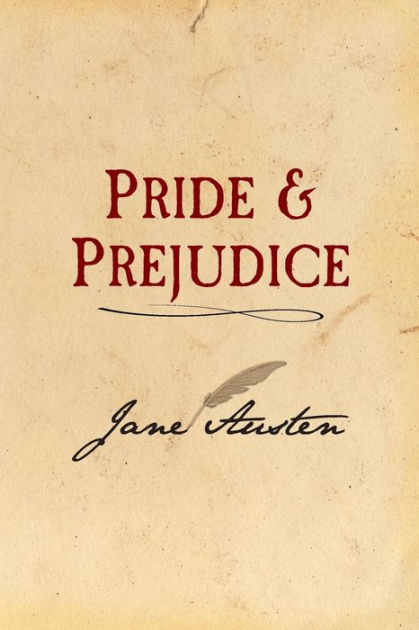The novel Pride and Prejudice written by Jane Austen published in 1813 is a classic read and a novel that includes many literary elements that are useful to learn. Jane was born in 1775 to an Anglican clergyman in Steventon, United Kingdom and was the second youngest of 8.

Jane began to write her original manuscript of her intended novel First Impressions when she was a teen between 1796 and 1797. In 1809, her novel was altered and revised along with the title to what we now know as Pride and Prejudice. Jane incorporated into her work many idealisms and ongoing issues that reflected upon her in her personal life, and during the time period she lived in. Some of these ideas included: appropriate behaviors for each gender, class structures, and divisions, respect to emotions, importance of natural beauty and appreciative intelligence. She later died on July 18, 1817 in Winchester, UK, and her legacy in the world of literature lives on till this day.
The novel is set in rural England at the turn of the 19th century, called the Regency era in English history. The plot of the story follows through the perspective of the protagonist, Elizabeth Bennet, who is the second oldest daughter and sister of five girls. Elizabeth is very confident, independent, quick-witted and well-mannered which portrays her to be of a higher class status compared to her family. Fitzwilliam Darcy also referred to as Mr. Darcy plays the love interest. He is a wealthy man, and a master of an estate, his pride causes him to look down on his social inferiors, and he admires and loves Elizabeth for her strong and confident personality.
The story portrays six themes of: pride, prejudice, love, marriage, class division, and women. However the three main themes are pride, prejudice, and love. For the theme of pride: Many of the wealthy characters carry with them a sense of pride in their social positions. Mr. Darcy learns throughout the novel to temper his pride in order to be a worthy partner for Elizabeth. For the theme of prejudice: Elizabeth prides herself on her ability to judge character, but her observations also lead her to form bias very quickly and deeply. For the theme of love: Austen is suspicious of overwhelming emotion and is skeptical of feeling too much and getting so carried away by your emotions that it prevents you from thinking clearly. This was

exemplified by Elizabeth and Mr. Darcy’s relationship as they don’t fall in love at first sight.
Throughout the story, it becomes apparent that the novel is arguing that love based on genuine compatibility is the ideal.
Overall, I would recommend and rate this novel a 10/10 for its incredible literature, its variety of literary elements, and developing views in support of women in society. I also took away an important message from this novel that Love is not only a feeling. It is also about thinking, feeling, needing, and responsibility to intersect and form the experience that we call love today.



























